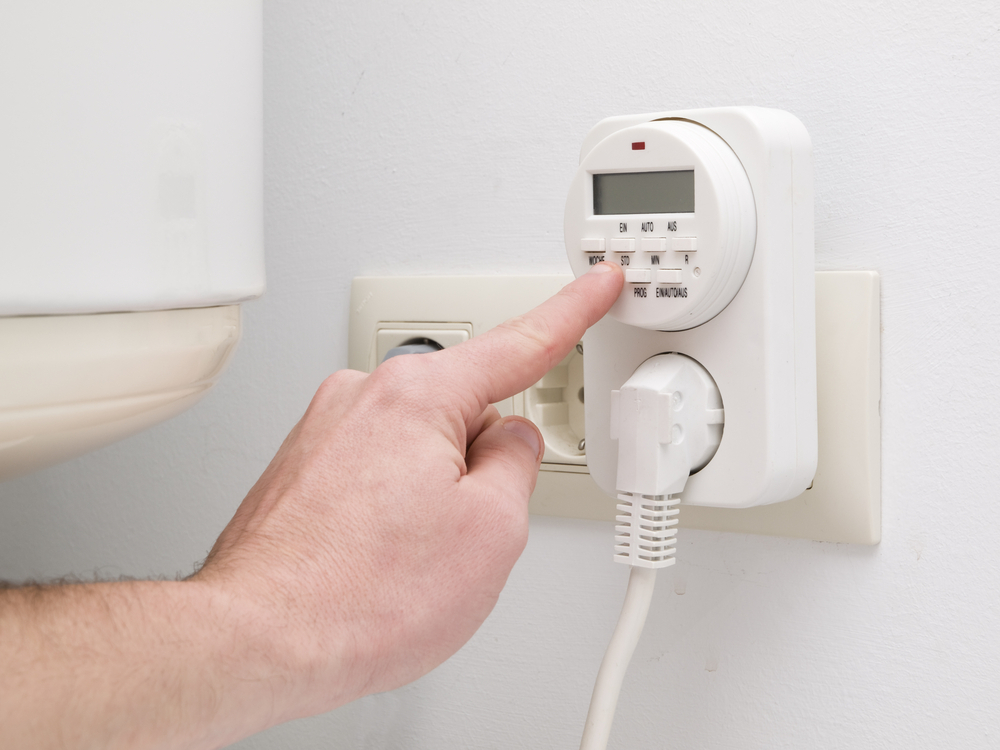SMEs are the lifeblood of the UK economy and their contribution should not be underestimated.
According to figures released by the Department of Business, Innovation and Skills, in 2013 there were an estimated 4.9 million businesses in the UK which employed 24.3 million people, and had a combined turnover of £3.3 billion.
Against this background, it’s vitally important for SMEs to operate in the most cost efficient ways so they can beat their competition and reinvest in their business. Here are some top tips on how to get the competitive edge by reducing energy costs:
Switch off
Reduce energy wastage wherever you find it. For example, lights, heating and ventilation should all be switched off when not in use. Keeping stores bright and appealing helps draw customers in but consider lowering lighting levels for stock taking, replenishing and cleaning.
Occupancy sensors which turn on lights when someone is there are particularly good for stockrooms and toilets and can achieve savings of up to 30 per cent on lighting costs.*
Get lighting right
Without regular maintenance of artificial lights, windows and skylights, light levels in stores can fall by 50 per cent in 2-3 years. Establish a basic lighting maintenance programme and you could reduce costs by up to 15 per cent.
Replace blackened, flickering or dim fluorescent tubes with tri-phosphor coated ones. They provide a more natural, brighter light. Modern fluorescent tubes with high-frequency fittings use less energy, don’t flicker or hum and can be dimmed.
More on energy savings in the workplace:
Turn down the heat
Heating accounts for 40 per cent of energy use in a typical retail environment, which means there are big opportunities to make savings. Some businesses can shave a third off their heating costs through the implementation of simple energy saving measures.
Check your system operating hours matches the times when heating, ventilation and cooling are required. You can probably turn off heating and air conditioning one hour before store closing without anyone noticing. Use simple time switches so this happens automatically.
Be cool about refrigeration
There are many ways you can make refrigeration more efficient, from avoiding over filling shelves, ensuring insulating blinds and covers are used properly to checking that the lighting inside cabinets is turned off outside trading hours. Regular maintenance is also important to ensure door seals are effective on cold rooms, fridges and freezers, and that condensers are free from dust. All refrigeration should be free from surrounding clutter that could restrict airflow around the units as this can lead to fridges and freezers consuming more energy than required.
Get employees involved
Changing employee behaviour can have a real impact on your outlet’s energy efficiency. Appoint an Energy Champion and enlist all of your staff to take responsibility for initiating small-scale efficiency practices that will add up to a big difference over time. Set targets if appropriate – and draw up an action plan.
Conclusion
In a challenging business environment, SMEs would be well advised to take a close look at their business practices to see where potential savings could be made
As these examples show, small changes can result in big savings and it is certainly worth any SME spending a small amount of time identifying simple ways to potentially reduce their usage and costs.






